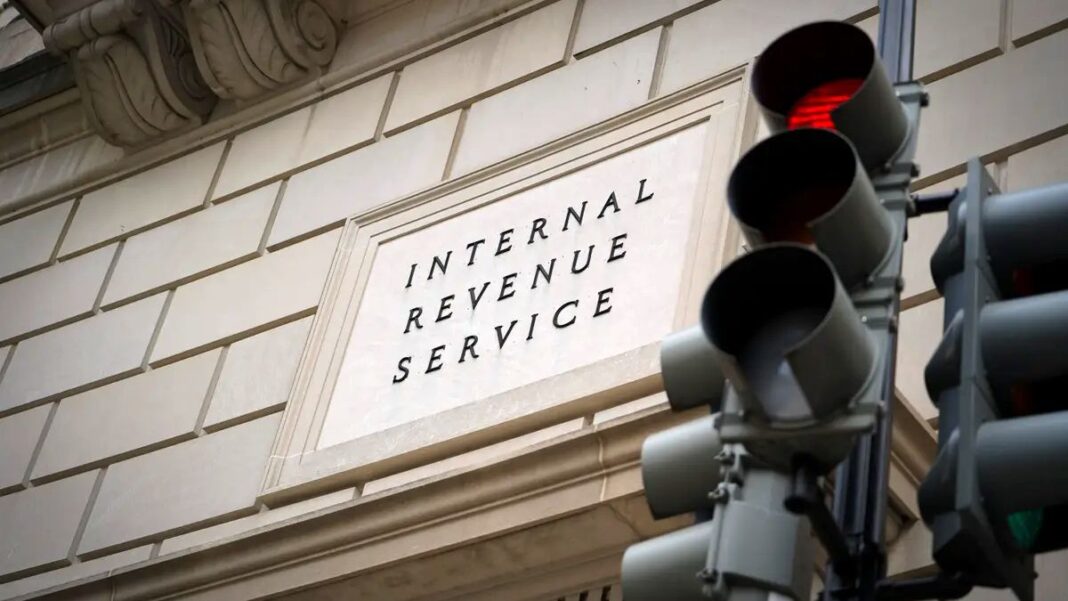To claim the recovery rebate credit, eligible taxpayers must file a tax return even if they made little or no income.
The Internal Revenue Service (IRS) has warned about a looming deadline for people to claim a pandemic-era tax break they may have missed, potentially entitling them to unclaimed COVID cash.
The IRS said in a March 4 announcement that some eligible individuals didn’t end up collecting economic impact payments—also known as stimulus payments or stimulus checks—that were issued in 2020 and 2021.
Those who missed out can still collect the money—and the way to do so is through what’s known as the recovery rebate credit.
This is a refundable credit that either reduces the amount of taxes owed, is included in a tax refund, or is simply paid out by the IRS to eligible taxpayers if—after claiming the credit—it turns out they overpaid on their taxes.
In order to claim the recovery rebate credit, eligible taxpayers must file a tax return even if they made little or no income from a job, business, or other source.
The deadline to file a tax return and claim the 2020 credit is May 17, 2024. Taxpayers who are eligible to claim the 2021 credit must file a tax return by April 15, 2025.
Who Is Eligible?
While the vast majority of those eligible for COVID-19-related relief have already received or claimed it, some people haven’t.
Others may have received less than the full stimulus payment they were entitled to. In their case, claiming a recovery rebate credit would top up to the full stimulus payment amount they’re entitled to.
In order to claim the 2020 and 2021 recovery rebate credits, a taxpayer must meet several criteria.
For the 2020 credit, they must have been a citizen of the United States or a U.S. resident alien in 2020. Also, they must not have been a dependent of another taxpayer for 2020, and they must possess a valid Social Security number issued before the due date of the tax return that is valid for employment in the United States.
By Tom Ozimek









